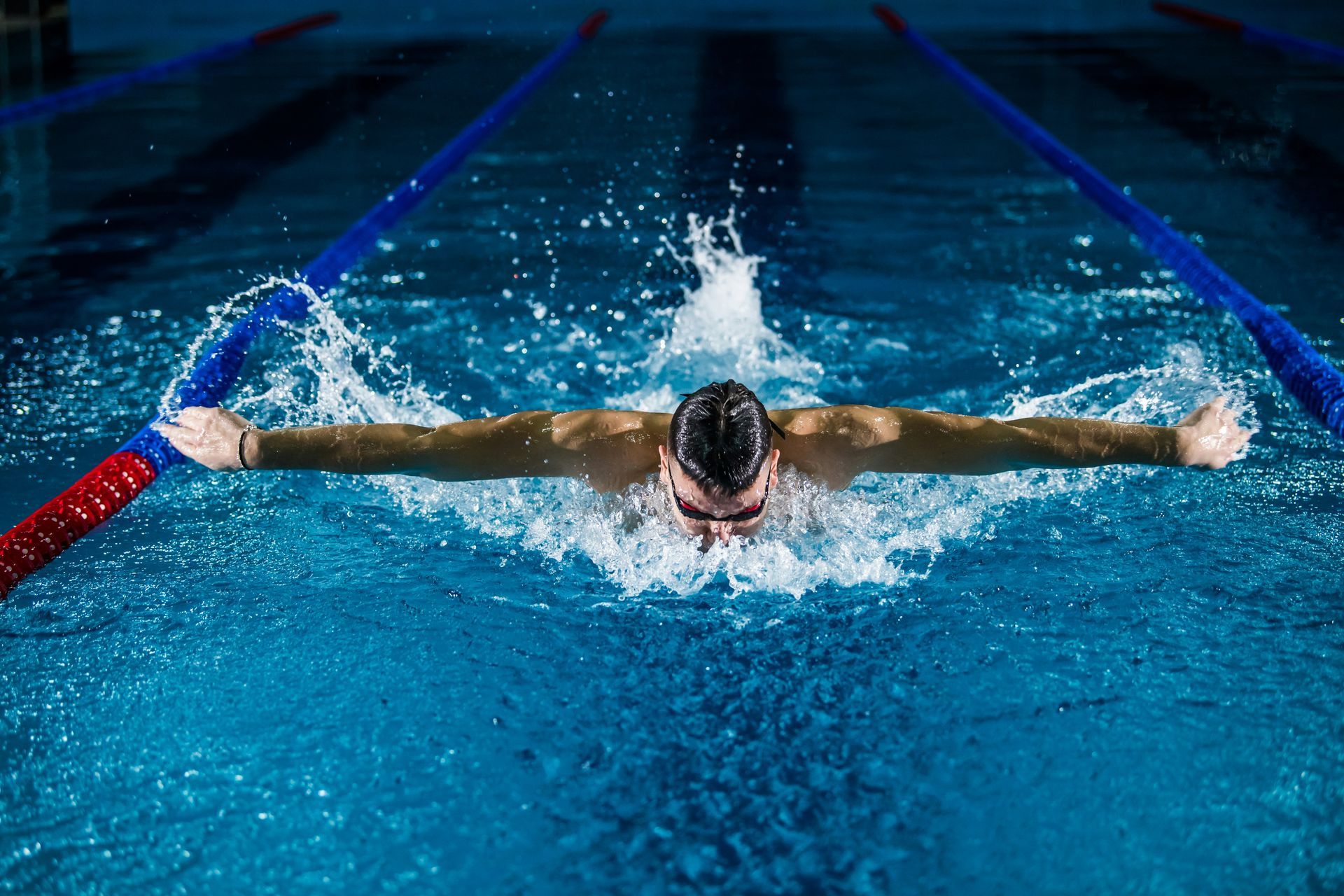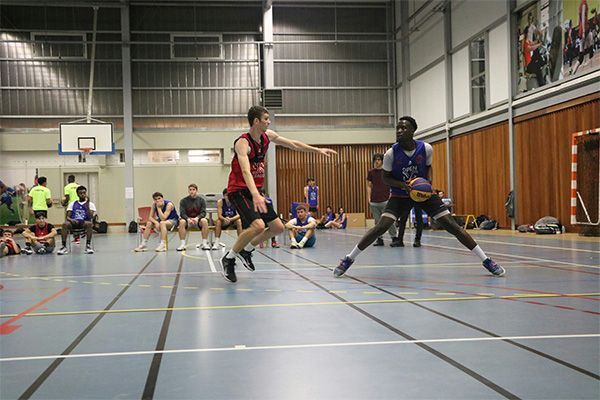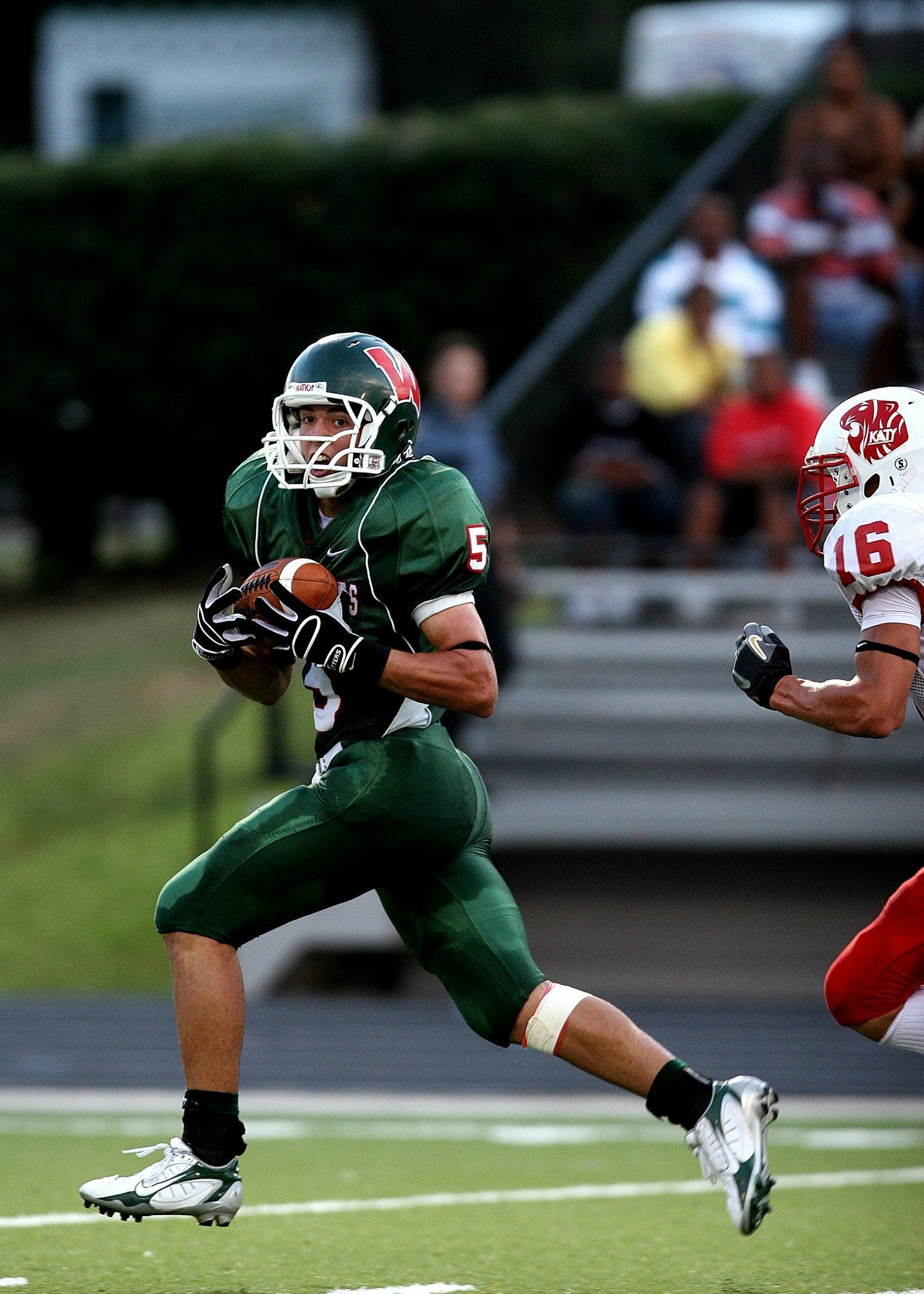By: Tim Bennett, MGCP
The one consistent athletic mental performance issue I hear from clients whether they are professional, amateur, or youth, is “I don’t have any confidence.” The root cause of lack of confidence has nothing to do with confidence at all. It has to do with expectations! We have been coached, taught, and lead to believe that if we have HIGH expectations for ourselves, it will generate confidence and we will perform. Well, this is wrong and can work against us more times than not!
First, let us understand what those two concepts mean. Confidence is “how strongly a person believes in their ability to execute a physical skill or perform a task.” (Cohn, 2018). There are a lot of different definitions and types of confidence, but they are all essentially linked by one word, BELIEF. So for our purposes, confidence is a self-belief that positively impacts performance.
Expectations are “judgments or demands that you place on your performance pertaining to outcomes or results.” (Cohn, 2018). There are many types of expectations. Internal expectations stem from athletic perfectionistic traits related to determination and drive. External expectations come in the form of social approval. Payback syndrome and sport specialization impose heavy external expectations.
Generalizations are closely related to expectations. If something happened in the past, it will happen again. If we perform poorly in a competition or against a specific team, the same result will occur the next time around.
So what is the big deal?
Unrealistic or excessively high expectations are based on the idea of perfection which is often rooted in fear. They focus on the outcome of an event so intently that as a result, a player will feel unhealthy pressure to achieve that outcome. THEY LIMIT BELIEF WHICH IS THE FOUNDATION OF CONFIDENCE. These types of expectations are the source of self-destruction in sports. They suck the life out of confidence. Most successful athletes and teams naturally have high expectations for their performance. And they usually increase as you become more successful. We start to demand more of ourselves and each other. This way of thinking just then becomes the norm. And why shouldn’t you expect great things from yourself???
Well, no! First, they set us up for pass/fail or win/lose proposition. You either achieve these excessively high expectations or you don’t. There is no middle ground. You set yourself to fail before the game even happens. For example, how about the striker who expects/demands to score a goal every game? When they don’t score, that game is considered an individual loss even the team may win.
Expectations cause athletes to self-sabotage. This then naturally drains our confidence. Excessive high expectations hold athletes back from developing high levels of confidence. The higher expectations become, the more they resemble impossible perfection. We get frustrated. We don’t have fun playing. How could you really if every time you play you lose. This is where we have to pay attention. We as high performance athletes and coaches want to have a loving and healthy relationship with competition. We want to embrace competition, we look forward to it. It stems from our relationship with expectations.
This is the core reason why kids quit sports. It is not the emphasis on winning that permeates our sports culture but it is the lack of proper relationship with expectations.
Expectations take away us from the present moment and project us into the future. We are no longer in the moment, we are no longer focused; this is where errors/mistakes can enter. This causes frustration, etc… It is worsened by the idea that we are doing/thinking what we are supposed to do.
The other scary thing about excessively high expectations is that they put us in comfort zones. CZ are expectations about how we SHOULD play. An athlete expects what is possible to achieve in a competition. Once the competition starts, the athlete will compare how she is currently doing with her performance expectations. Therefore, if the athlete feels she is performing better than expected, this can make her perform tentatively and protect her position. Or the opposite. Expectations limit a player’s growth and development. “I can’t play in the back, I am only a midfielder.”
What we need is for our expectations to be the pursuit of improvement, not a demand for perfection. Generate a more healthy relationship with competition more importantly the process in which to grow competitively.
Our job as coaches is to help players understand and fall in love with the process. Our job is to then assist players in empowering them to own their process.
How do we create a healthier relationship with expectations so our confidence will grow? The first step is awareness! This is the initial step towards athletic mindfulness. We have to understand our self-sabotaging expectations by asking direct and hard questions of ourselves. What statistical measurement of my performance makes me feel good? (In many youth sports, quantitative analytics are readily available. In these cases, athletes will then overly seek out praise from their coaches as justification). Do I get upset when I don’t live up to my expectations? Do I not get any reward for winning? Expectations have a lot of “I must, I should, I expect” rationale in them.
The second step is to replace expectations with process goals. Process goals or objectives focus on small, controllable tasks you need to do in the present moment that will help your performance. They are designed to help you become more immersed in the present. Another way to look at process goals is that they are “tasks” during a performance. There are no judgments. We are replacing mandatory results of our expectations with empowering controllable process. Instead of expecting to score a goal a game, we now expect to move off of the ball. Objectives create a process-oriented focus that helps athletes concentrate on execution. Furthermore, once these objectives are fulfilled, the athlete will gain confidence, rather than feel disappointed. An athlete that is perfecting the processes of their performance is very rarely an athlete that feels the weight of expectation upon them. When we focus on the simpler process of our game, it will add up to playing well, competing effectively, and great level of self-confidence.
Self-talk is the third step. Self-talk is defined as an “endless stream of unspoken thoughts that run through your head.” It is key to developing confidence. Research has shown that self-talk can positively increase athletic performance by over 11%.
There is positive and negative self-talk.
Four basic types of self-talk:
Calming = “Take a deep breath.”
Instructional = “Bend your knees.”
Motivational = “Yes! Come on, let’s go!”
Focus = “Just concentrate.”
The key is applying the right kind of self-talk at the right time. It should focus on what needs to be done. And it needs to be practiced daily! For confidence, control, and presentness use instructional it is process focused and controllable.
What is the result of following these steps? By replacing excessively high expectations of our performances with process goals, our confidence will grow. We will be able to control it; we will be empowered by it. Teaching outcomes this way we will allow for players to have a healthier relationship with competition, learn to love it, and not fear it; they will develop faster and have fun!
Ultimately, pinpointing the difference between confidence and expectation is about recognizing that you are more than just the performance you give or the accomplishments you achieve. Differentiating between the two is a reminder to know your goal while still being present and connected to the current time.
The post Expectations vs. Confidence in Soccer appeared first on Focus Therapy.










